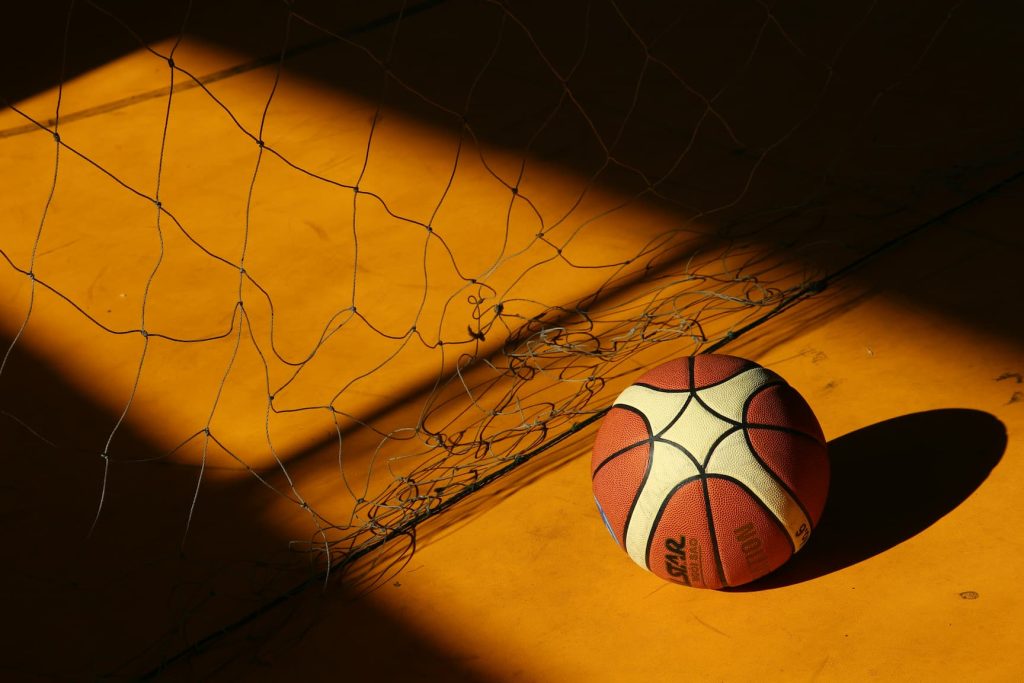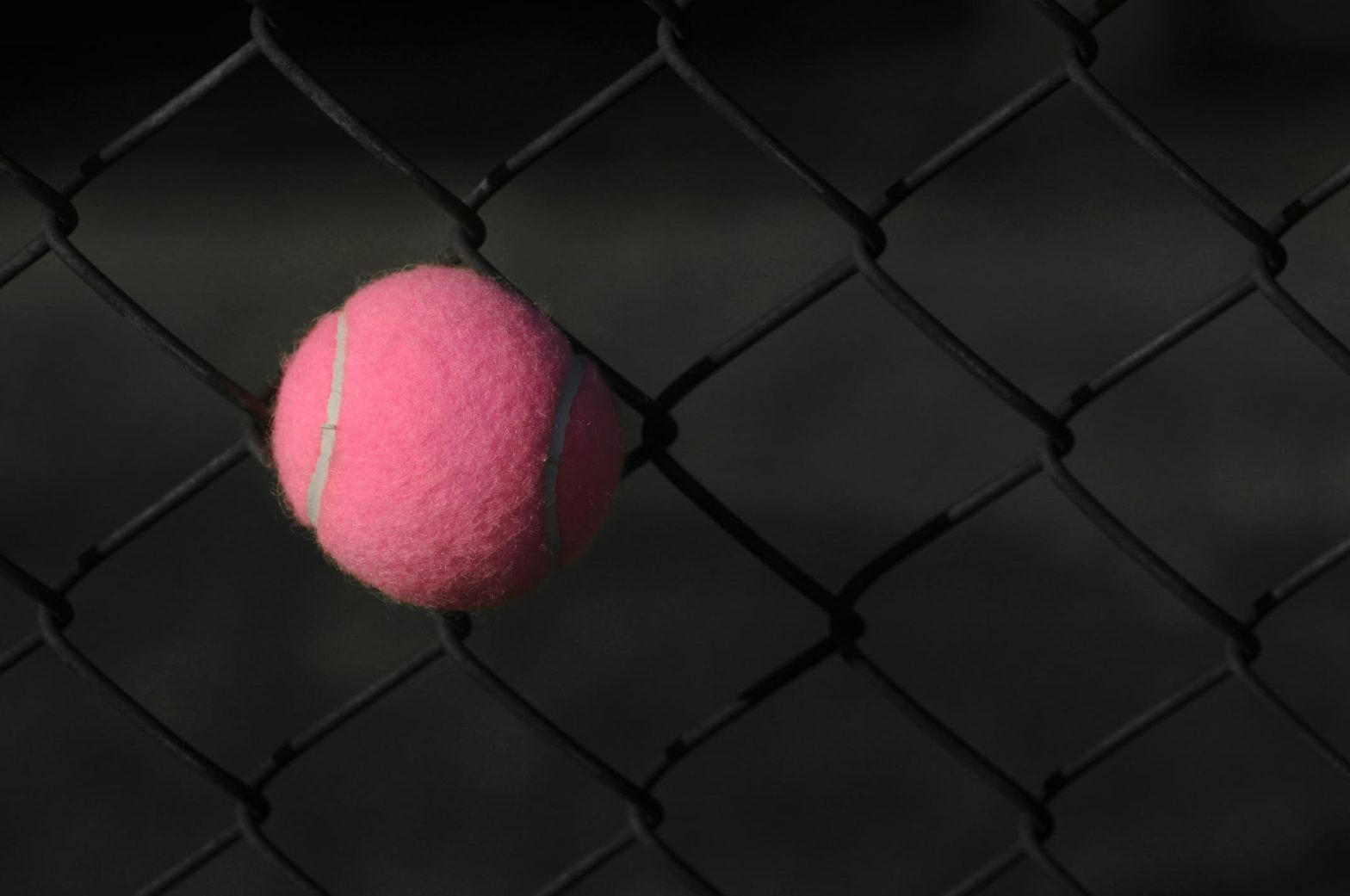There is something many 22Bet Brasil users think about but rarely understand: how sportsbooks set betting odds and, more importantly, how they make money. If you’ve ever placed a bet and wondered, “How do they come up with these numbers?” or “Why does the house always seem to win in the long run?” this is for you.
Odds Are Not Just Random Numbers
Many people think sportsbooks make up odds based on who they think will win. That’s not true. It all starts with advanced math, historical data, and some psychology. Bookmakers, the people who set the odds, don’t just guess. They use powerful computer models that analyze past games, player stats, injuries, weather conditions, and team travel schedules. These models help them predict the likelihood of each possible outcome in a game.
For example, if two football teams are playing, the sportsbook looks at past matchups, how both teams have performed recently, and even factors like home-field advantage. All this data is crunched into a probability, predicting how likely each team will win. But here’s the catch: sportsbooks don’t set the odds exactly according to these probabilities. They tweak them a little, and that’s where their profit comes in.
The Magic of the “Vig”

This part makes sportsbooks rich vig (short for vigorish) or juice. Think of it as a hidden fee that bettors don’t always notice. Let’s say a sportsbook thinks both teams have an equal 50% chance of winning a game. In a fair world, they’d offer +100 odds on both teams, meaning you bet $100 to win $100. But sportsbooks don’t do that. Instead, they might set the odds at -110 for both sides.
This means you now have to bet $110 to win $100. That extra $10? That’s the sportsbook’s cut. Even if an equal amount of money is bet on both teams, the sportsbook is guaranteed to make money because they’re collecting more from losing bets than they’re paying out to winners.
Why Odds Change Before a Game
Have you noticed how odds change from time to time in the day leading up to a game? The reason for all that is not randomity; it is about balance brewing. Simply put, sports betting operations do not want much money resting on one side of the balance scale. Should that happen, the operators stand to lose. Therefore, to reduce the excitement about one team, the sportsbook turns the tables around to offer more attraction to betting on the other side.
If Team A attracts many bets, the sportsbook may lower the payout on Team A while increasing the payout on Team B. This strategy guarantees more balanced wagering so that both teams can win regardless of the event’s outcome.
The Role of Sharp Bettors
Not all bettors are the same. Some casual bettors bet for fun, and then there are sharp bettors, the professionals who know what they’re doing. Sharp bettors analyze numbers like the sportsbooks do and can spot when odds are set incorrectly.
When sportsbooks see too much money from sharp bettors on one side, they know they might have made a mistake. That’s when they adjust the odds to protect themselves. If you ever see odds change quickly for no obvious reason, chances are sharp bettors have spotted an edge, and the sportsbook is scrambling to fix it.
